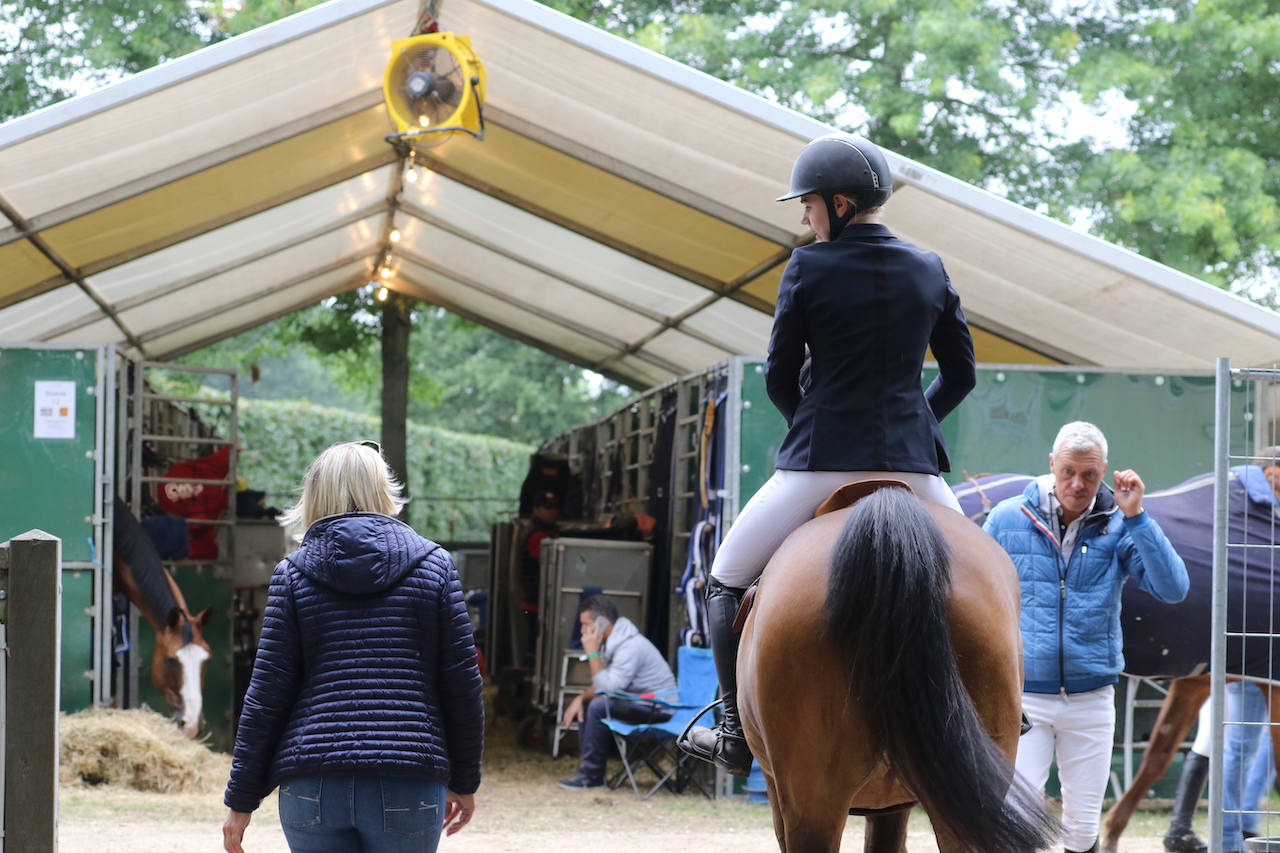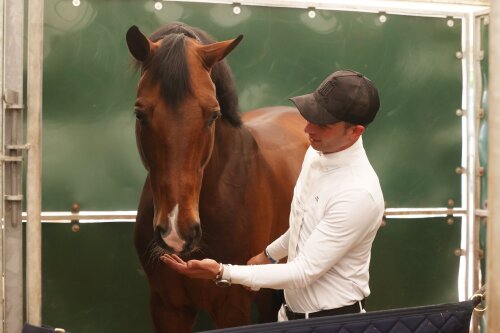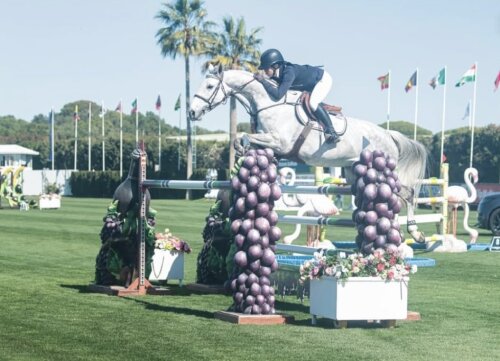The FEI has published it's first draft for the rules changes in 2024. While the National Federations, IJRC and EEF proposed a lot to change in the showjumping rules, it is the Groom Consultative Group who made an important proposal to the FEI Veterinary Rules...
Specifically, the advisory body of the FEI wants to refocus on article n° 1008.6.j and establish a clearly defined framework in the competition schedule! "Tests at competitions should not start before 7:30 am and the program must be completed by 11:30 pm at the latest. There must be a minimum period of 10 hours between the end of the daily schedule and the start of the program the next day for each horse. For example, a horse that participates in the evening session, which ends at 11:30 pm, cannot start earlier than 9:30 am the next day!"
Furthermore, the Groom Consultative Group writes: "Riders of the same group must have a minimum of 9 hours between competitions. This means that a rider who competed in the evening session - which ends at 11:30 pm - cannot start before 8:30 am the next day." The FEI has postponed the discussion on this rule to the revision of the rules in 2026.
Animal welfare first
Furthermore, among others, the German federation has introduced a rule change. In its proposal, it aims to prohibit the shaving of auricles. This continues the German federation's consistent evolution to improve animal welfare. "The hairs in the auricles serve as special protection, for example, by preventing insects or other objects from entering the ear," stated the German federation in its proposal. This proposal was accepted by the FEI.
Proposals submitted by the FEI include recording influenza vaccinations for horses in the FEI HorseApp, as well as a proposed addition to article 1035 on how barefoot horses should be presented during a veterinary inspection. The FEI has also proposed making a broader inspection of horses possible under article 1045, which can be carried out at any time during an event, including checking for the presence of blood on any part of the horse's body. The FEI also wants to limit cooling with ice to 20 minutes, proposing to add this to article 1062 in the Veterinary Regulations.



